Fan culture has evolved a great deal over the years, from Elvis’ large following to Beatlemania to the boy band craze in the 1990s. It exploded with the rise of the internet and social media use in the 2010s, creating a new era entirely of celebrity fanbases. In recent years the interaction between fans and their idols has grown toxic.
People all over the world are more connected than ever before due to social media. These outlets of communication are centerpoints in the marketing and promotion of celebrity projects, everything from albums and movies to brand deals and clothing lines.
There’s no doubt that social media has made fan-spaces larger and more inclusive, allowing for widespread information sharing in the blink of an eye. Fans who are unable to afford tickets can experience concerts through live streams, and loyal followers have the chance to communicate and connect with the celebrities they love.
The rapid explosion of the fan bases through social media facilitated a rise in a psychological phenomenon called parasocial relationships, in which fans expend one-sided, personal and emotional energy upon someone who does not know they exist.
This in itself isn’t inherently unhealthy or harmful for either party, rather it causes fans of celebrities to follow public events, releases or actions with a vested interest due to the fan’s own personal enjoyment, but there are times when this can get out of hand.
“There’s a higher chance that you’ll meet a fan that you hate than a fan that you love,” said musician Phoebe Bridgers in an interview with The Wall Street Journal. “You’re way more likely to be confronted with someone who just violated your privacy.”
The hysteria surrounding celebrity culture and the idolization of people who hold public attention can cause unsafe environments for both celebrities themselves and bystanders. Many celebrities venturing out in public, especially those receiving widespread exposure in the media at the time, can face dangerous mobs of fans in streets.
American singer-songwriter Taylor Swift has faced mass amounts of public backlash for her overuse of private jets. Research from Yard stated that Swift’s carbon emissions due to mass air travel is more than 1,000 times the average person’s total annual emissions. While Swift’s publicity team has stated that she isn’t the only person to use the jet, and that pinning all of the trips to her alone is unfair, the mass amounts of emissions in a time where global warming issues take precedence in public debates is shameful.
Considering these facts, it’s impossible to consider her reasons for this method of travel. Swift’s fanbase, called Swifties, has a history of stalker-like behaviors, such as waiting in masses outside of her houses in hopes of catching a glimpse of her. There have been numerous times in which Swift has hidden from both paparazzi and fans alike for her safety, tucking herself into luggage or masking her face under umbrellas in order to avoid recognition.
While fan hysteria can make it unsafe for Swift to travel commercially, it doesn’t necessarily excuse her overuse of private jet miles. If the internet was somehow able to break down their idolization of celebrities, a feat that seems very unlikely as social media use and celebrity fan culture only continues to grow, then it would be more realistic for public figures to participate in normal behavior such as commercial travel.
Fans that consume media surrounding their favorite celebrity through a screen oftentimes develop a skewed perspective of their idol. The connection they form with an artist or actor is meaningful to them, but it can become unhealthy when they begin to believe that they know the person enough to feel as though they are owed personal information or explanations.
Chappell Roan, a musician who had arguably the largest explosion in widespread fame in recent years, took to TikTok and Instagram to call for respect from followers that stalked and harassed her and her family members.
“I don’t agree with the notion that I owe a mutual exchange of energy, time, or attention to people I do not know…just because they’re expressing admiration,” said Roan via a typed-out Instagram post explaining her perspective. “I am specifically talking about predatory behavior, disguised as ‘superfan’ behavior, that has become normalized because of the way women who are well-known have been treated in the past.”
Roan faced mass public backlash for her perspective, with both fans and haters alike shaming her for seemingly complaining about her position as a famous musician. Roan, however, was merely putting up boundaries that should be present in all parasocial relationships.
In order for this change to occur, as in the limiting of unhealthy and inappropriate treatment of strangers merely because they are famous, celebrities must change the way in which they are marketed towards fans.
It has been clear in the past that many celebrities wanted a tight-knit relationship with their fanbase, examples of this including aforementioned Taylor Swift, who has been known to invite fans to her home for listening parties and former boyband One Direction who had a squeaky-clean, down to earth reputation during their period of stardom.
This kind of fan-artist relationship has resulted in fans feeling entitled to personal information, including details of a breakup or the call for a celebrity to publicly disclose their sexuality. Celebrities are merely people in public positions, and fans do not personally know them or how they behave in real life, nor are they deserving of details of their private lives.
Celebrities are equipped with publicity teams and expert media-training that turns them into charismatic figures with an appealing public persona. This is not who they are as private people, but instead how they are marketing themselves to make money.
It is important as a fan to keep in mind that ultimately, while fame is an incredible and sometimes inequitable position of privilege for a person to be in, it is still that celebrity’s job. The purpose of a job is, simply put, to make money.
It may be unfair and frankly cynical to categorize celebrities as a whole to be people simply in their artistic position for the purpose of financial gain. It is also a meaningful perspective to balance the parasocial, emotional investment into the personal lives of people that the public ultimately does not know.

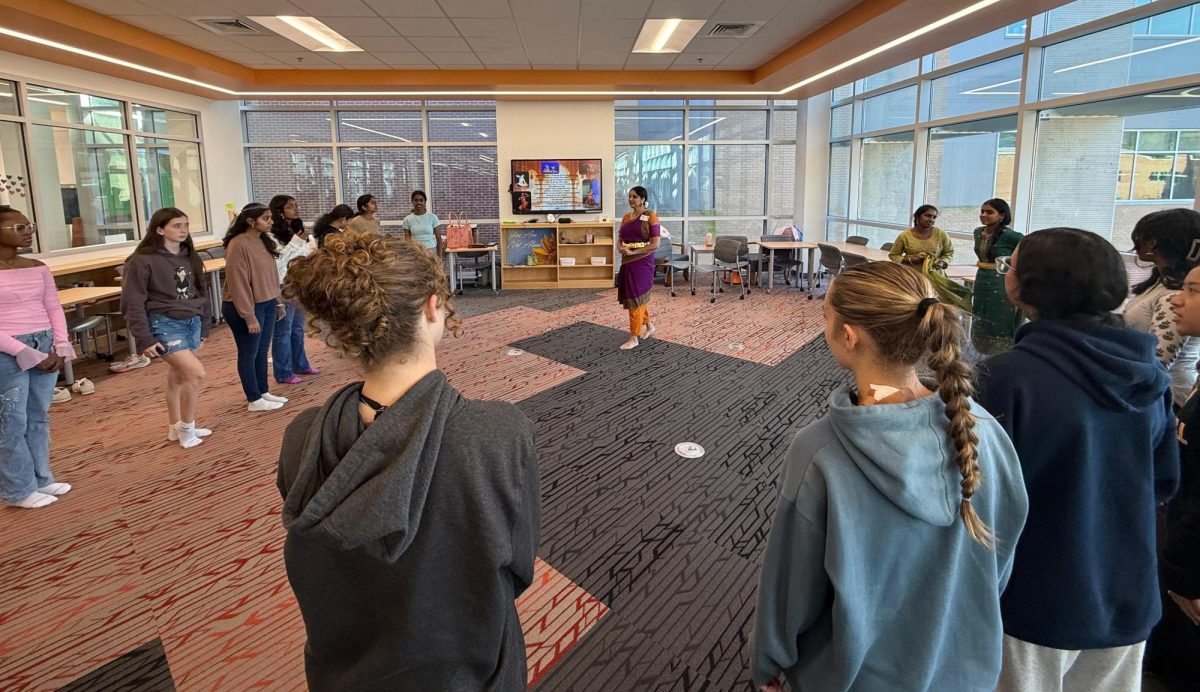

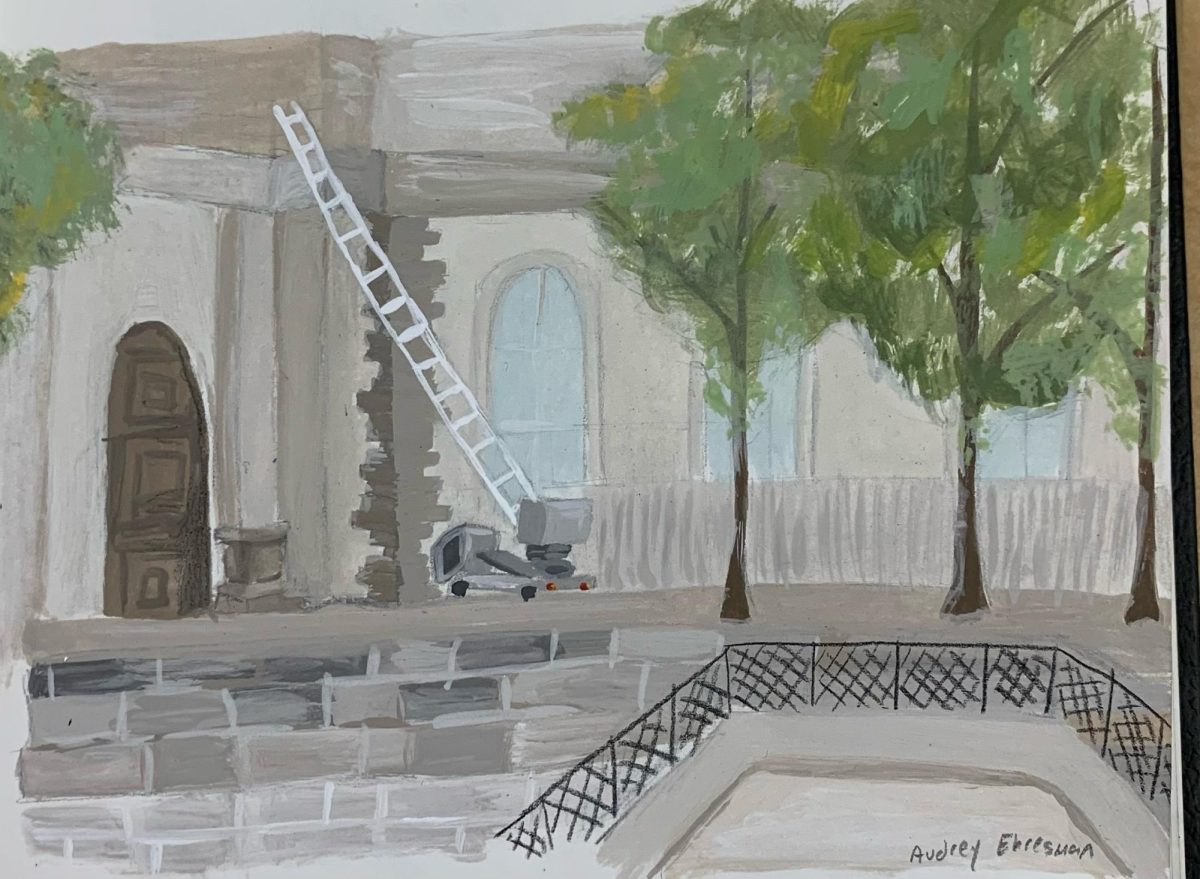
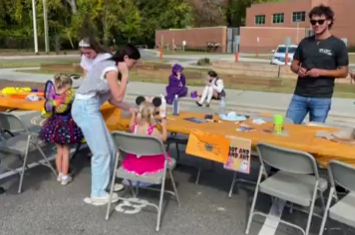
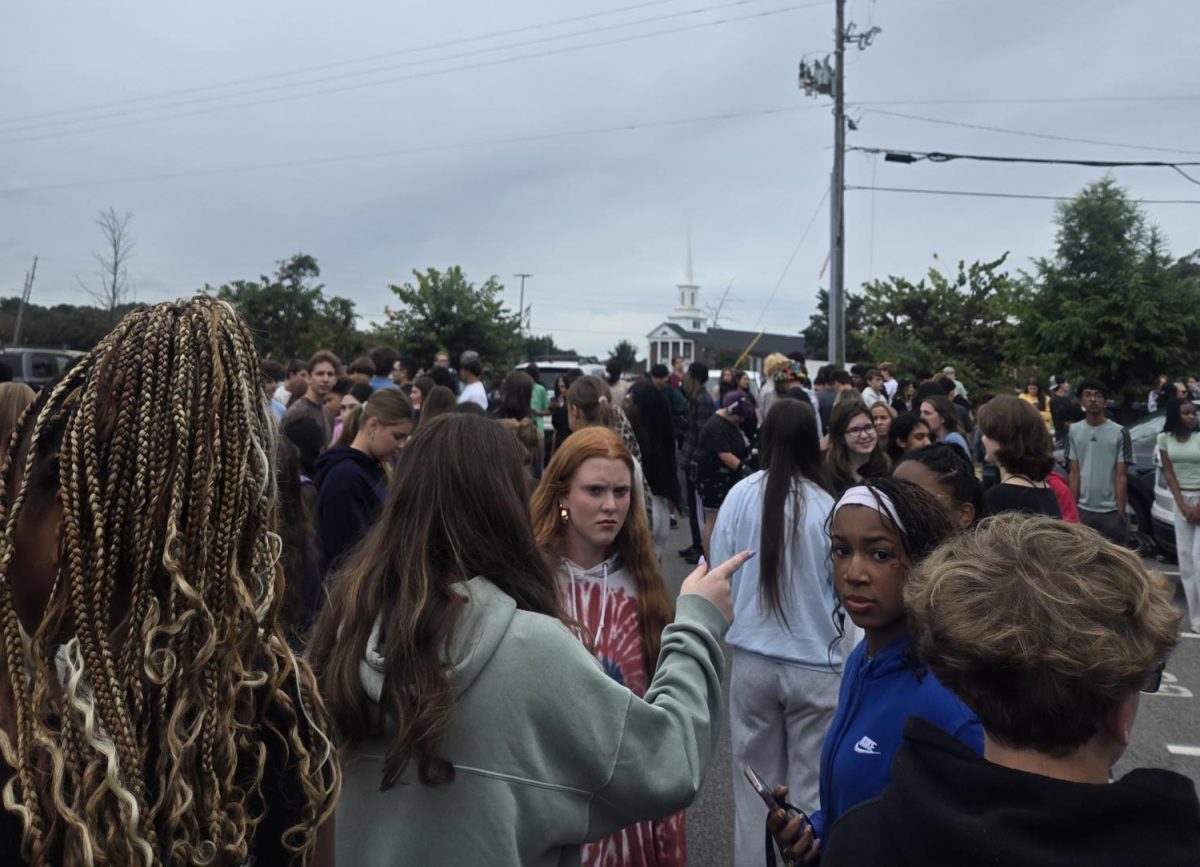
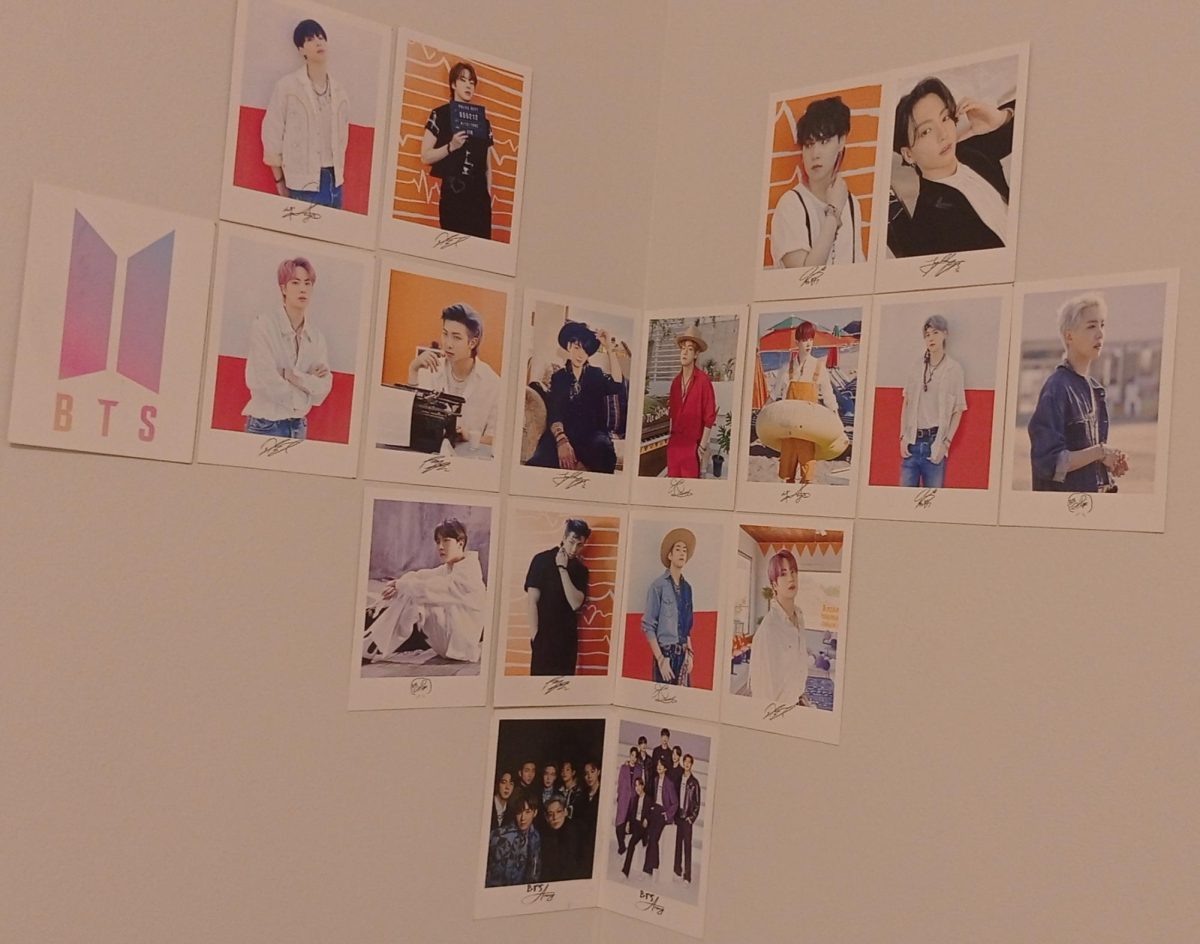
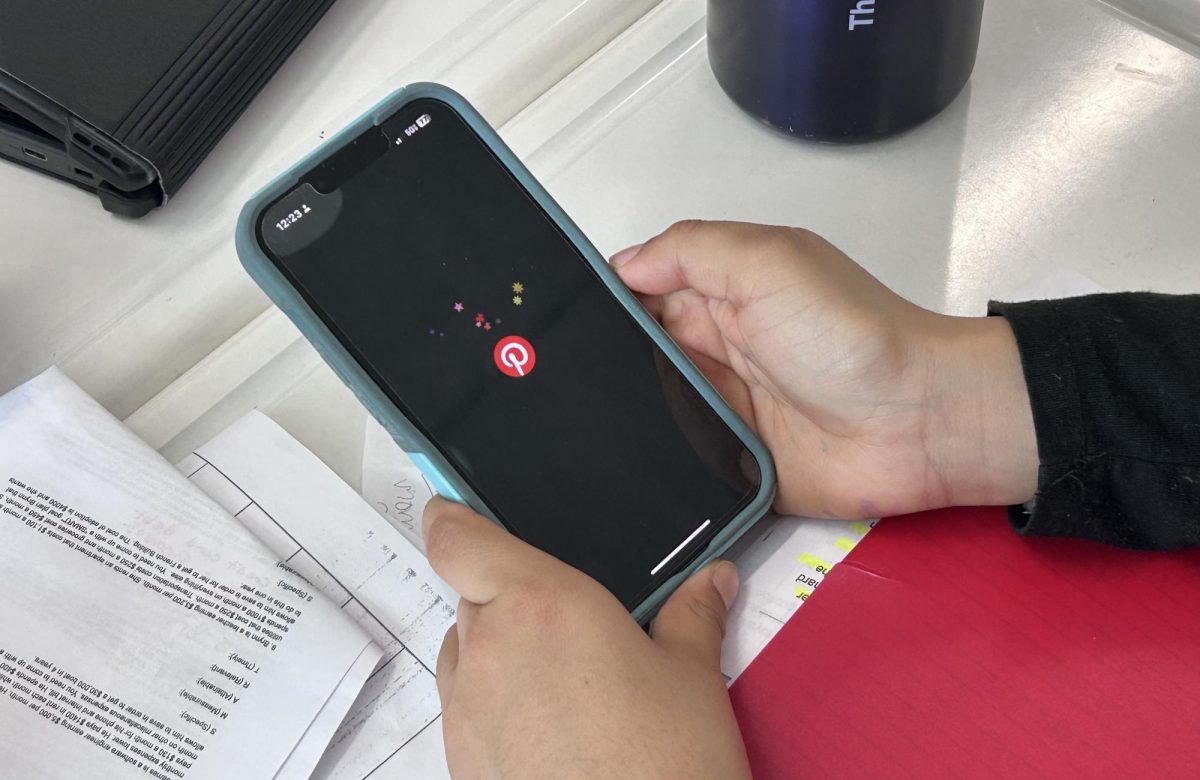
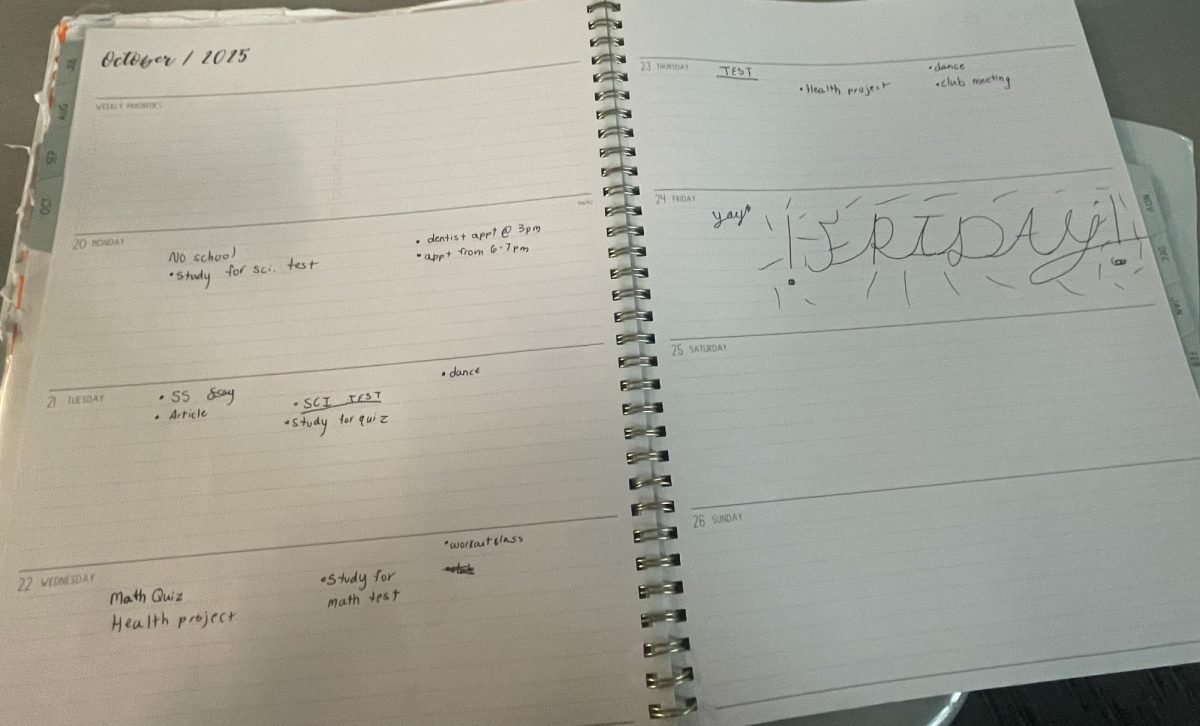
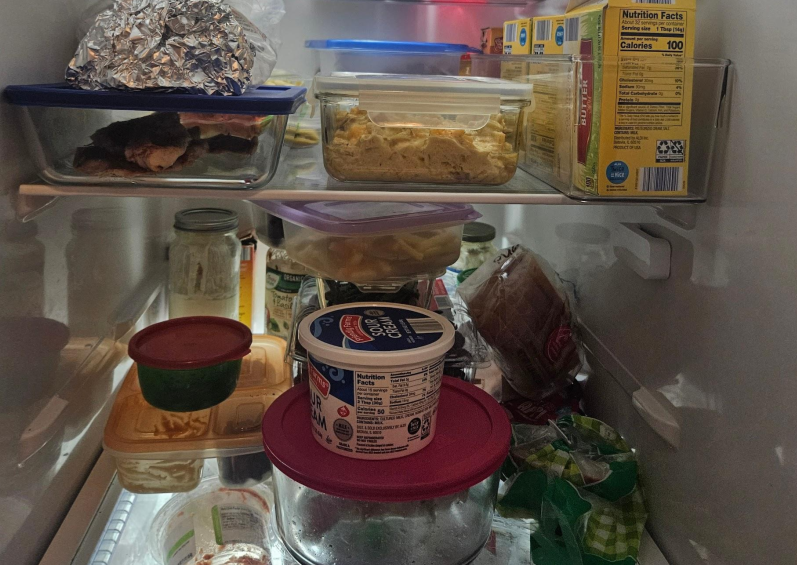


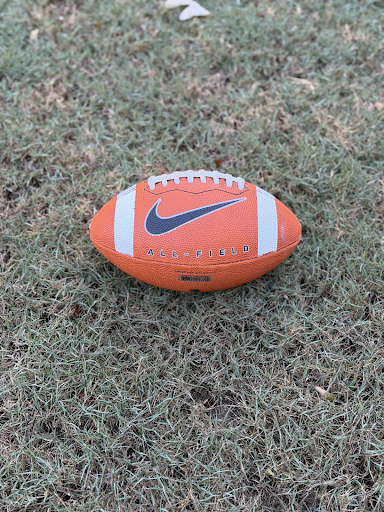
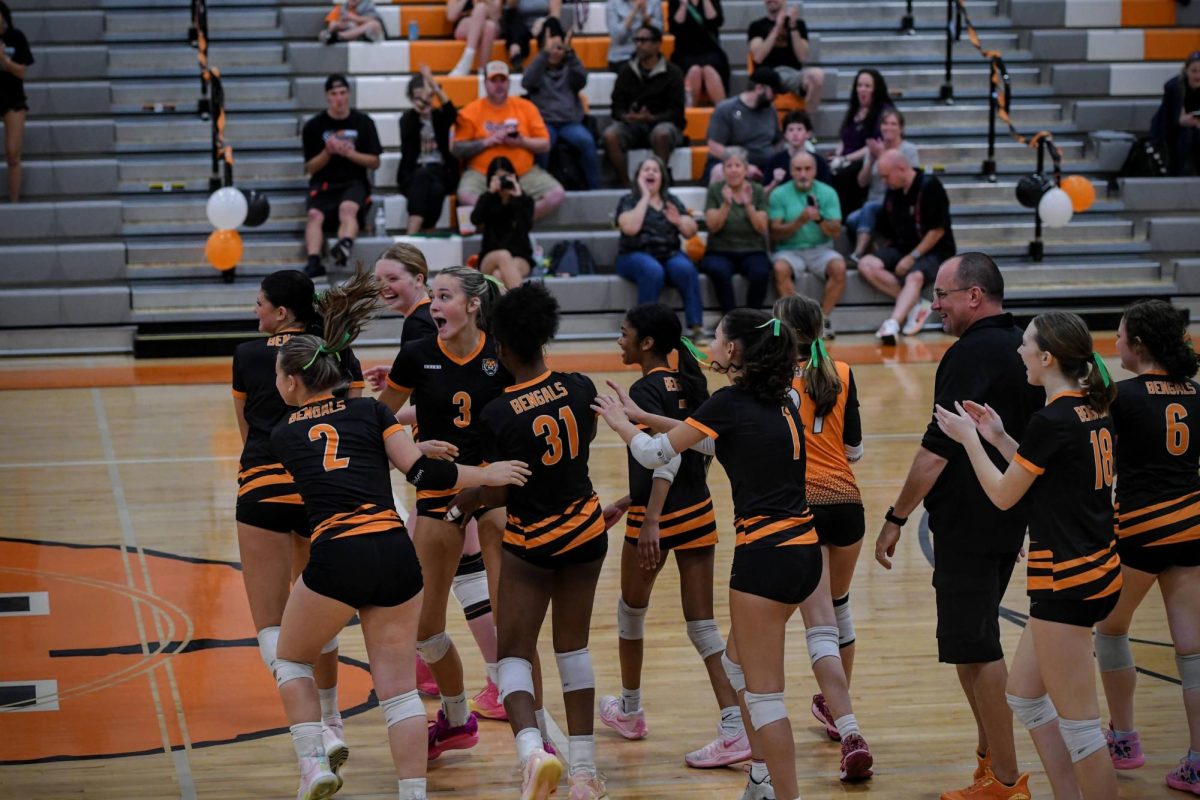
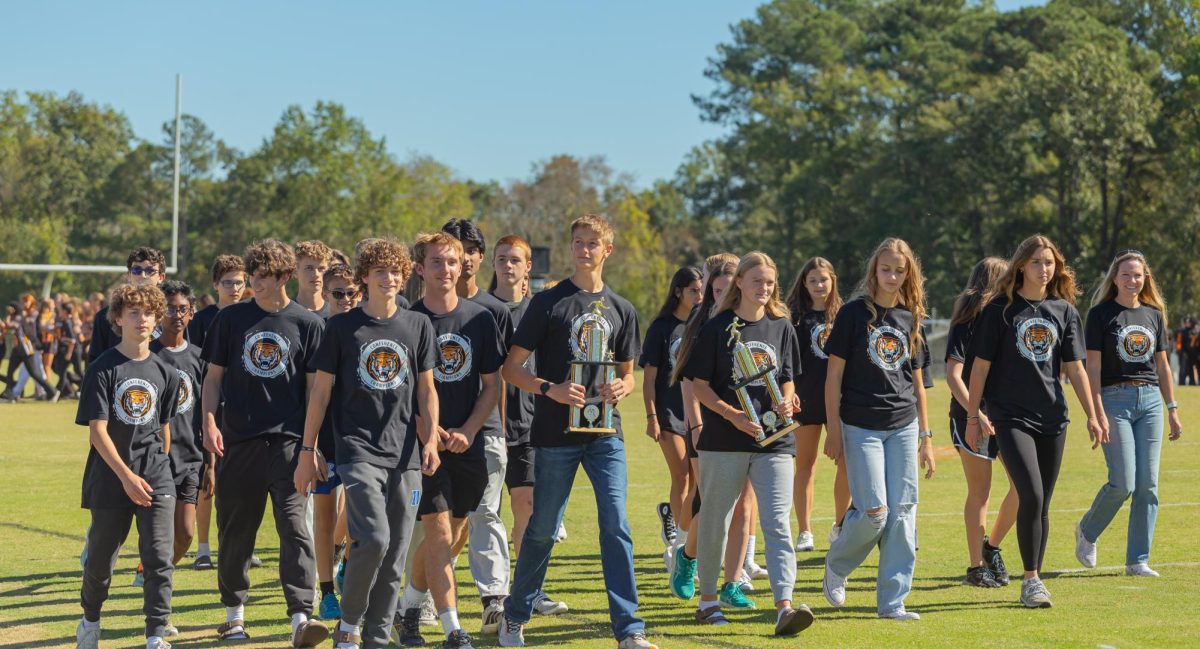
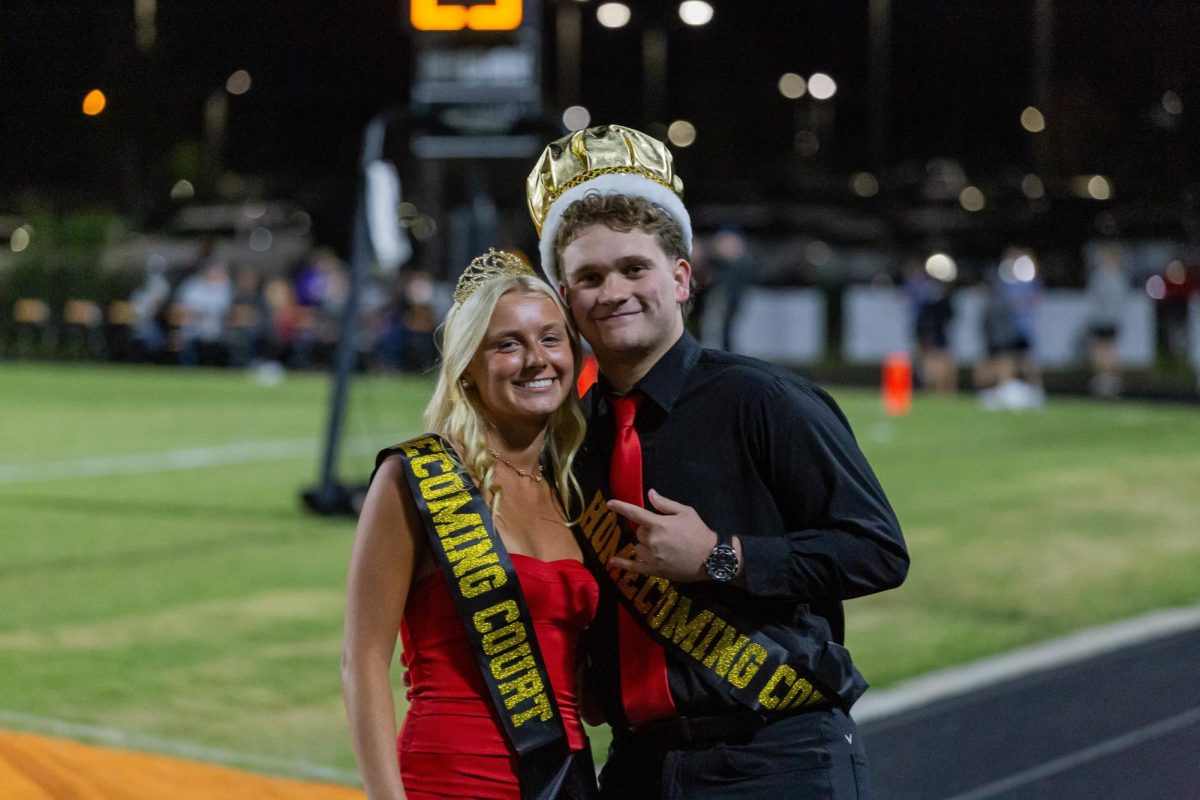


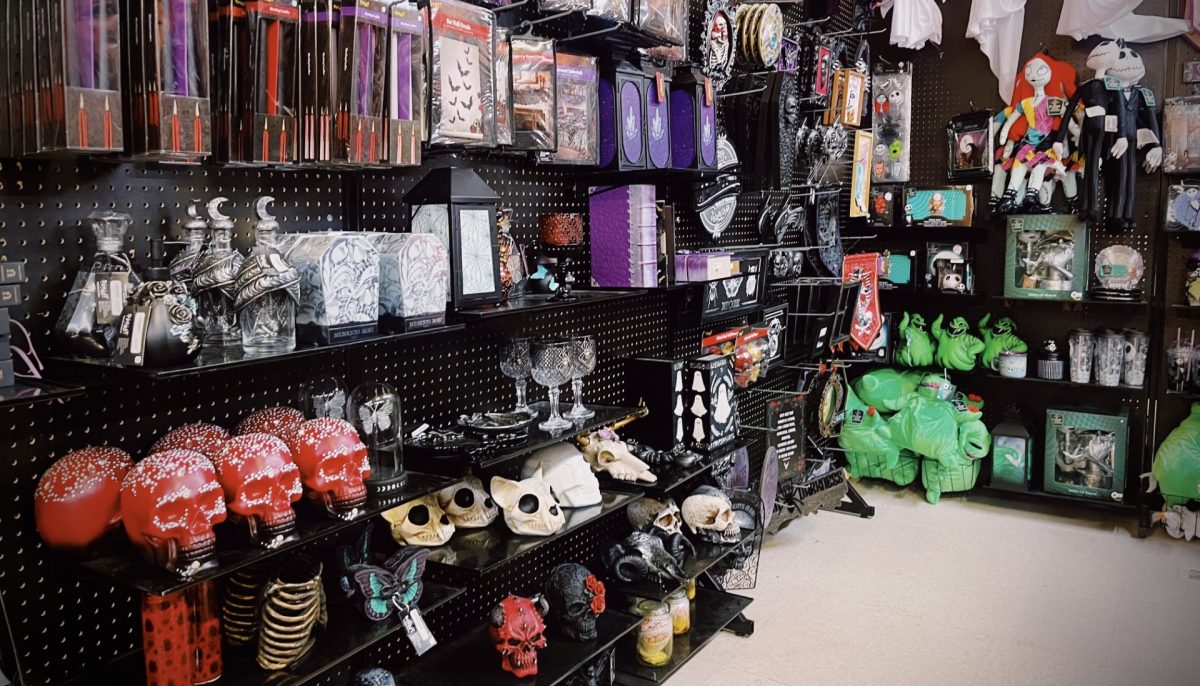
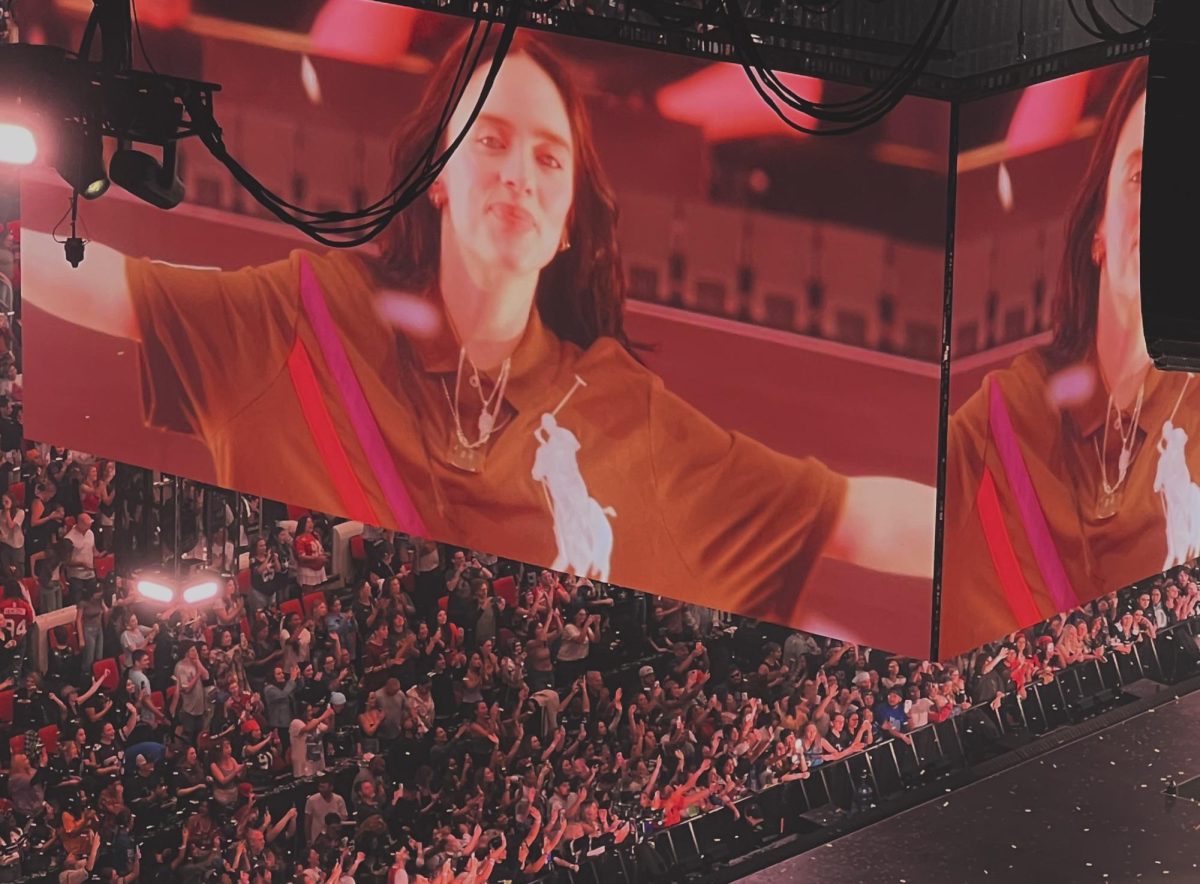
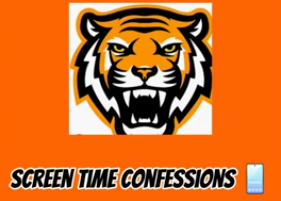
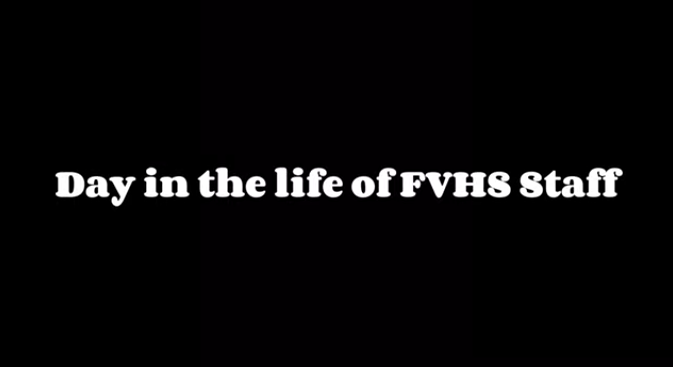
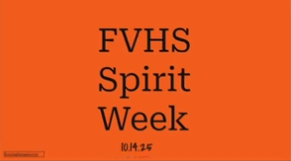



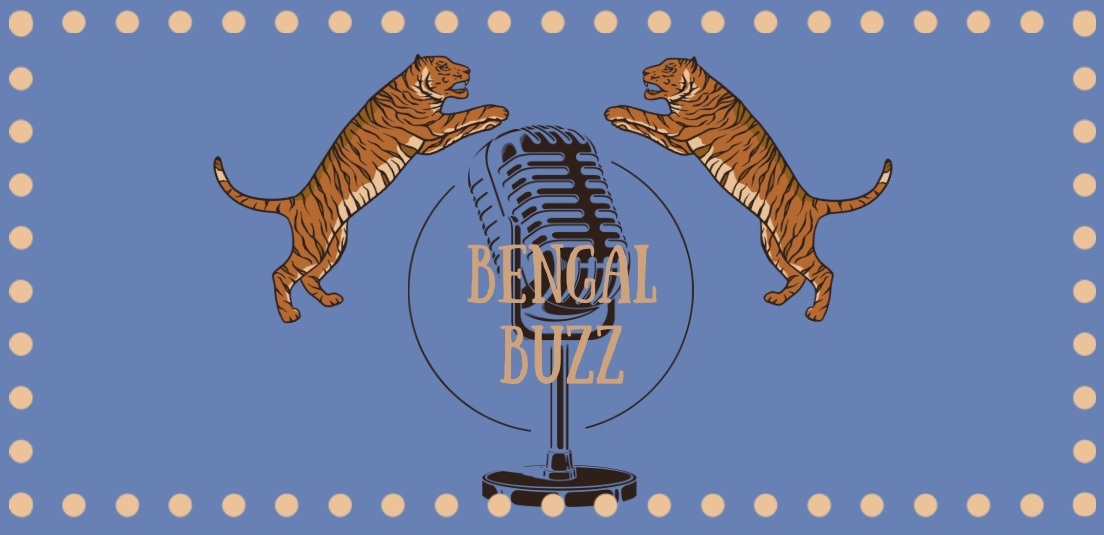
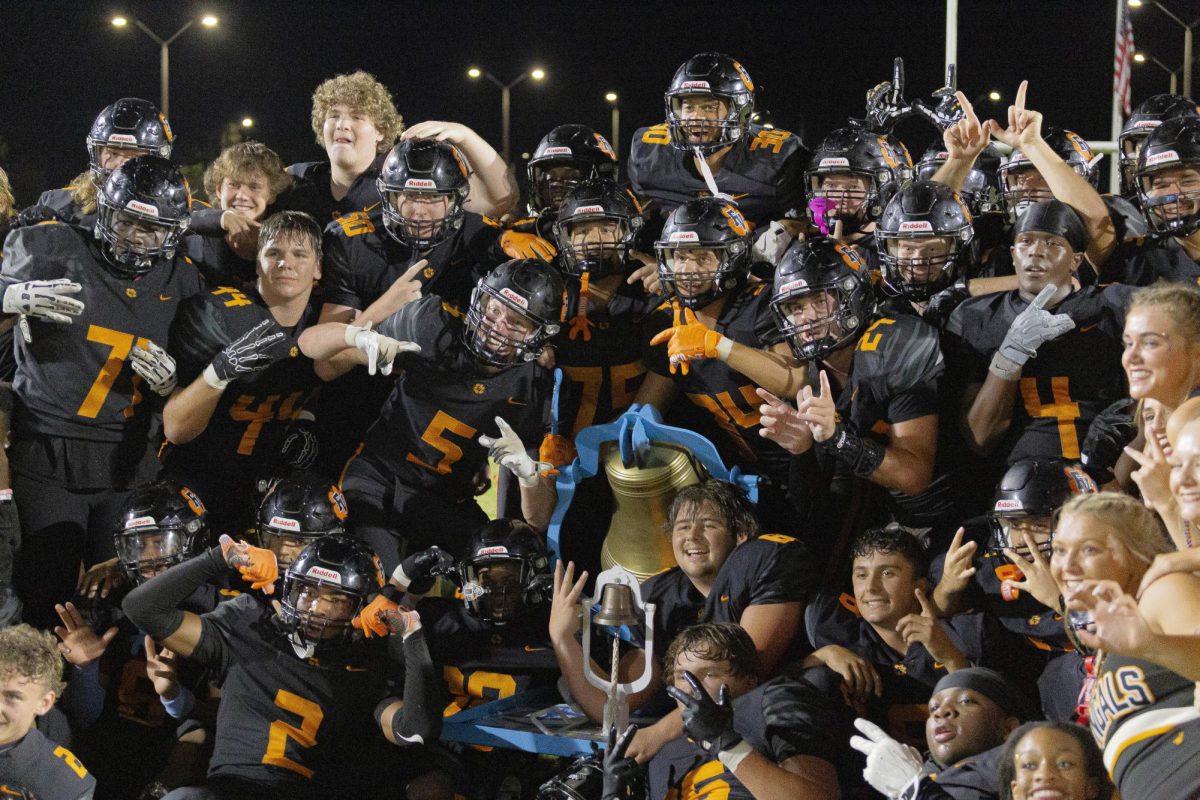
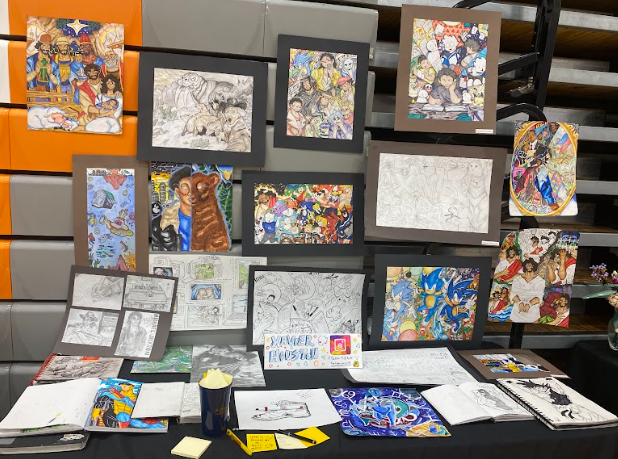

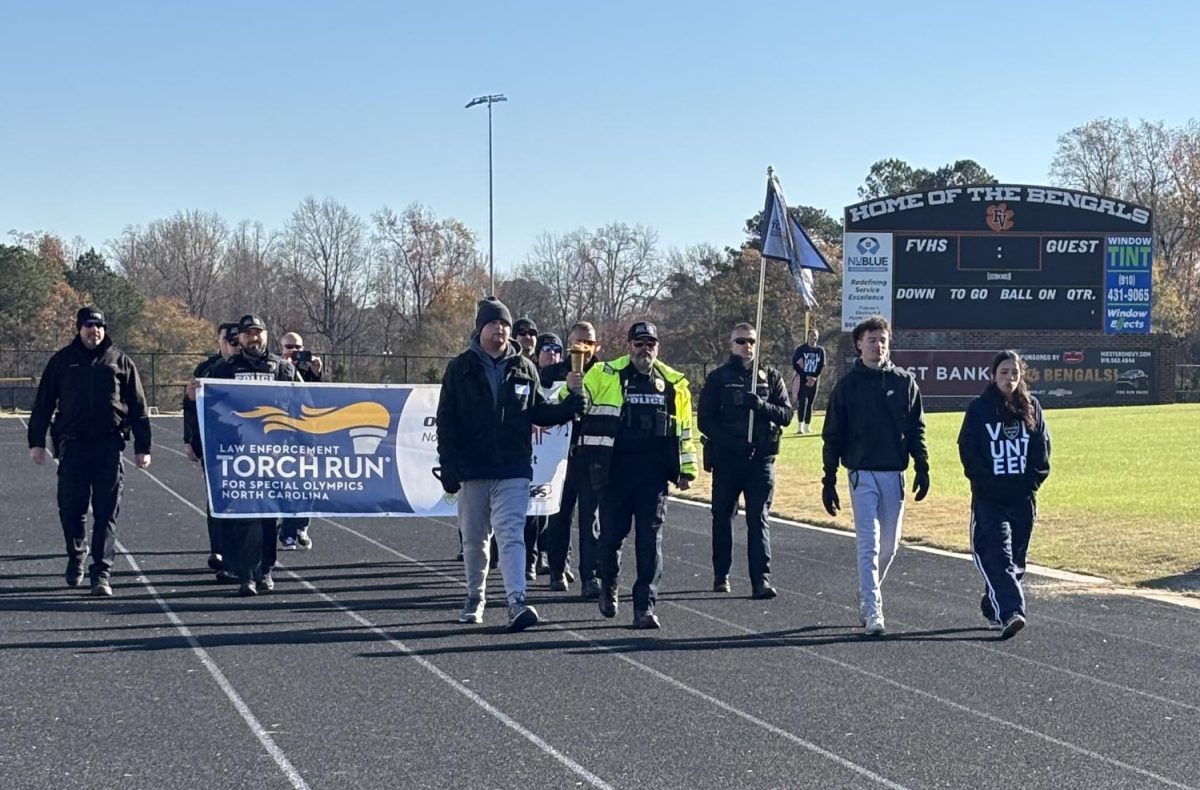

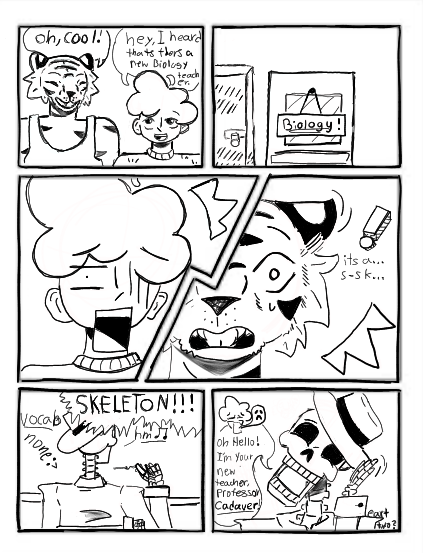
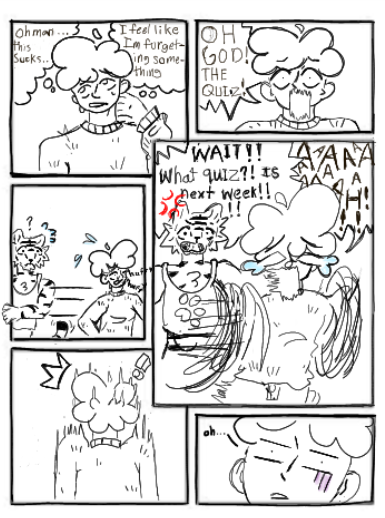
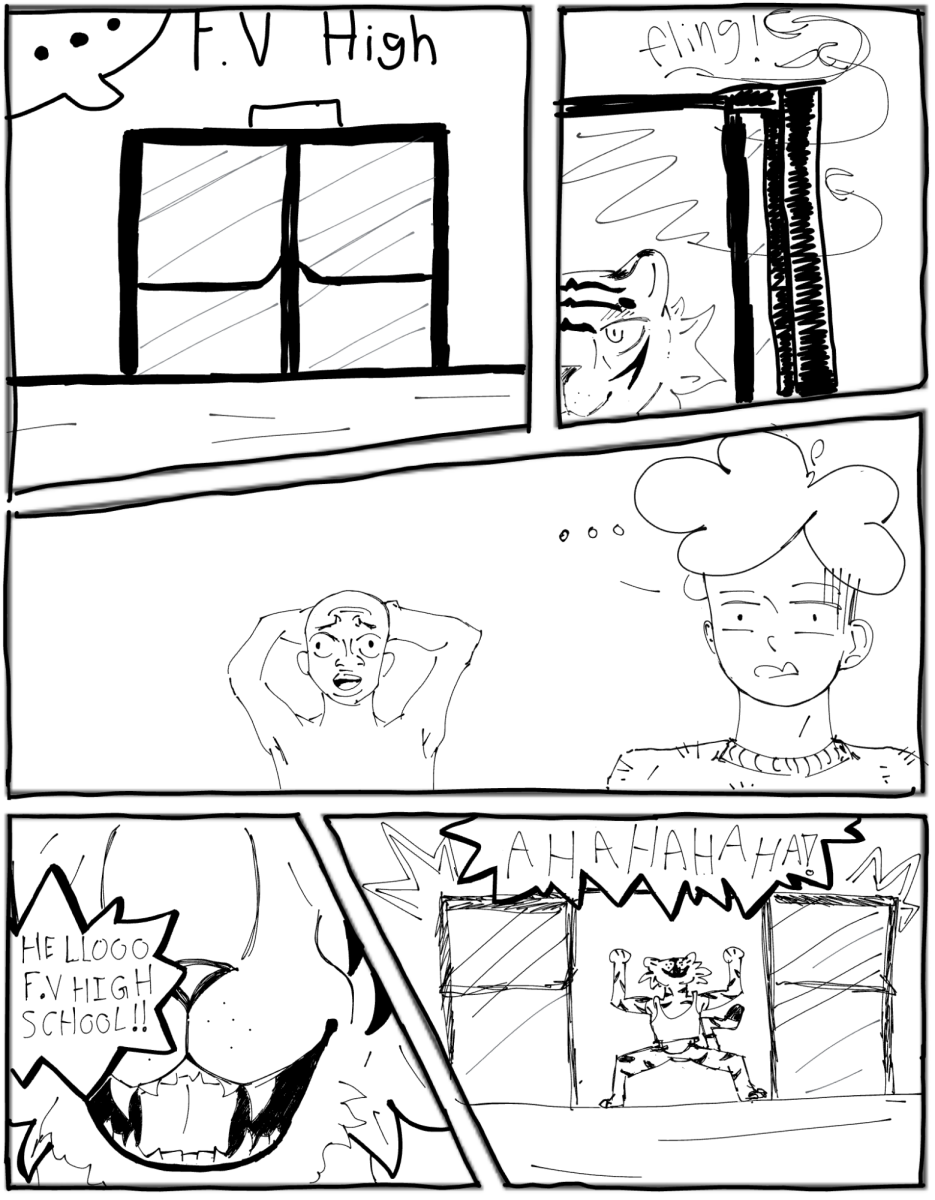
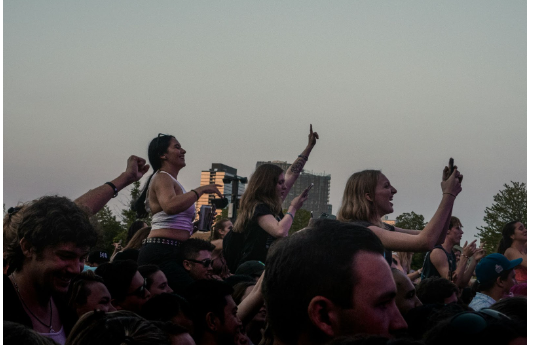
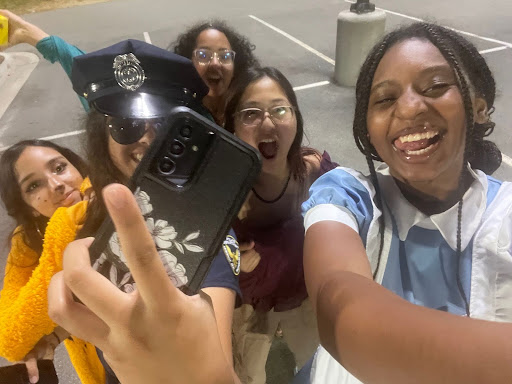

Justin • Oct 20, 2024 at 6:19 pm
The only way that you can treat a famous person as a celebrity is at a convention b/c conventions are the best place for a celebrity and a fan to interact with one another. Coventions is where famous people from popular TV shows or films get to meet their fans by taking selfies, answer fan questions or sign autographs. So, my advice is: only treat famous people like celebrities at conventions and not out in public places like grocery stores, coffee shops or restaurants.